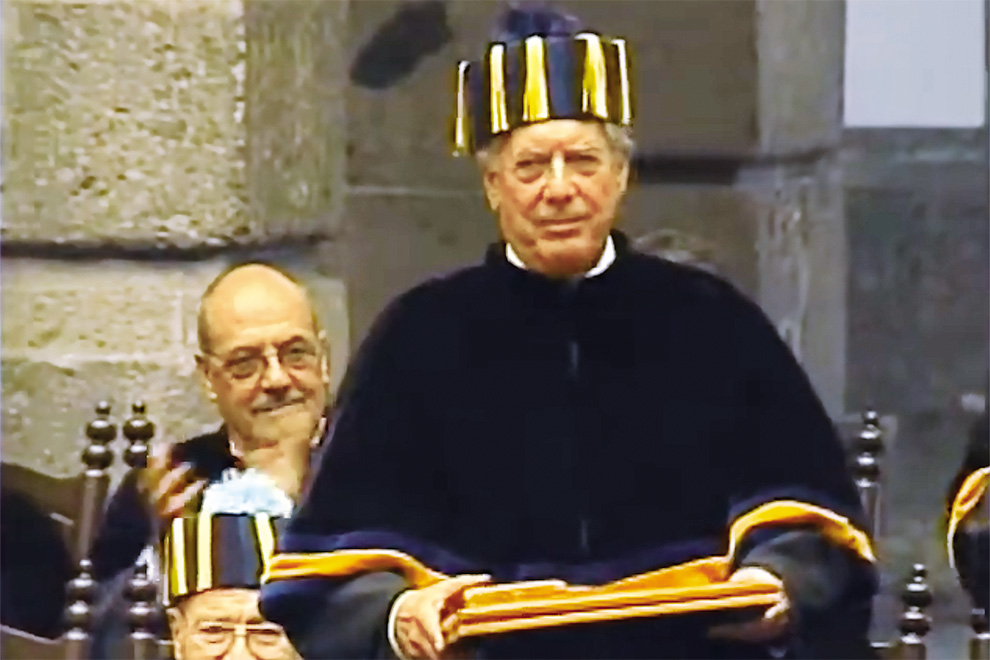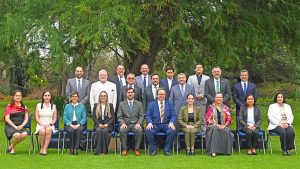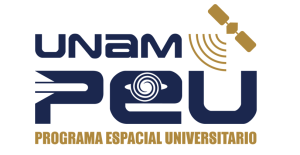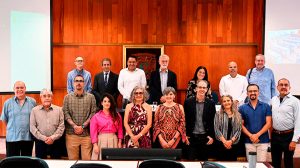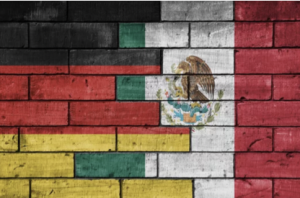Vargas Llosa Taught Us That Literature is the Arena of Total Freedom: Rosa Beltrán
“Those who doubt that literature, in addition to immersing us in the dream of beauty and happiness, warns us against all forms of oppression, should ask themselves why all regimes bent on controlling citizens’ behavior from cradle to grave fear it so much that they establish censorship systems to suppress it and closely monitor independent writers.”
These are the words spoken by writer Mario Vargas Llosa, who passed away on April 13, as he received the Nobel Prize in Literature. In addition to this prestigious award, he won the Cervantes Prize in 1994, the Prince of Asturias Award for Literature in 1986, the Ortega y Gasset Journalism Prize in 1999, and the Rómulo Gallegos International Literature Prize in 1967. He received honorary doctorates from institutions such as Oxford, Harvard, and UNAM (2010), among others.
Writer Rosa Beltrán stated that Vargas Llosa, “as the extraordinary essayist he was, when speaking of literature, lends us his eyes to open doors to the classics. He shows us literature as the arena of total freedom, where reality is constantly challenged and any ideology, as he reveals, ultimately serves power—power with a capital ‘P’.”
The author of La corte de los ilusos (The Court of Dreamers) added, “There is no way to have a clear and complete picture of literature in our language without reading the magnificent work of Mario Vargas Llosa (around 30 novels). He is the great author of La ciudad y los perros (The Time of the Hero), with which he gained recognition; Conversación en la Catedral (Conversation in the Cathedral) – one of the most experimental pieces of its time; Pantaleón y las visitadoras (Captain Pantoja and the Special Services), which represents one of the harshest critiques of the narrow-minded military view, but also one of the funniest works ever written; La tía Julia y el escribidor (Aunt Julia and the Scriptwriter), a critique of those tabloid magazines that made up letters from supposed readers. La guerra del fin del mundo (The War of the End of the World) and El sueño del celta (The Dream of the Celt) are strong critiques of colonialism, and essays like La verdad de las mentiras (The Truth about Lies) and La civilización del espectáculo (The Civilization of the Spectacle) are both a tribute to culture as a treasure and as the critical conscience of our time.”
